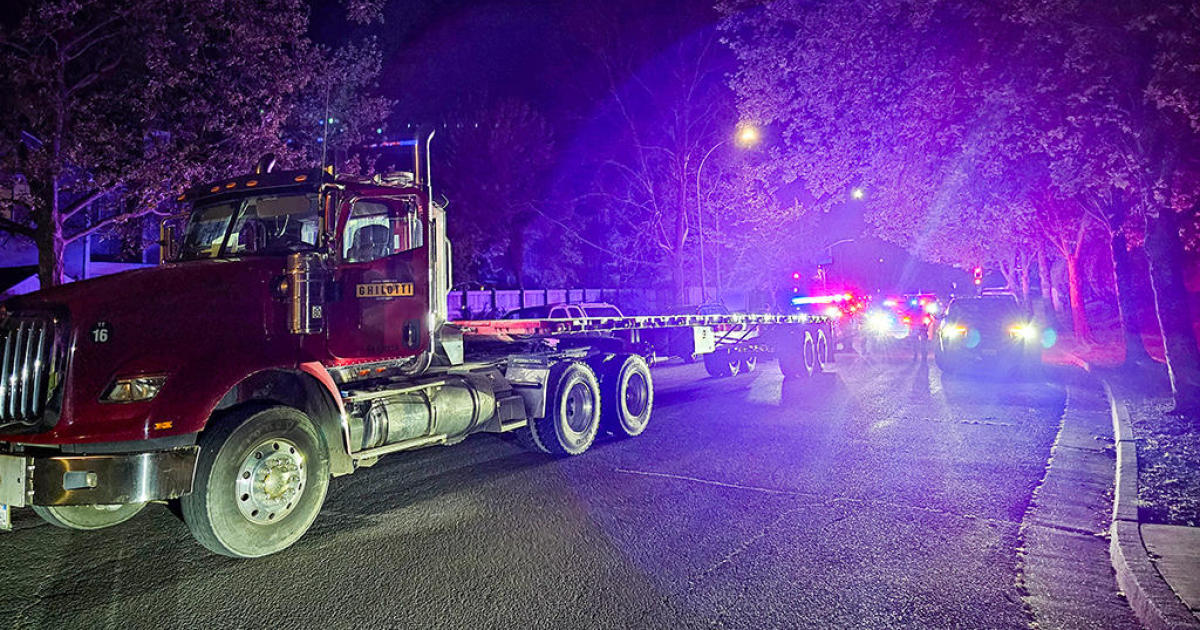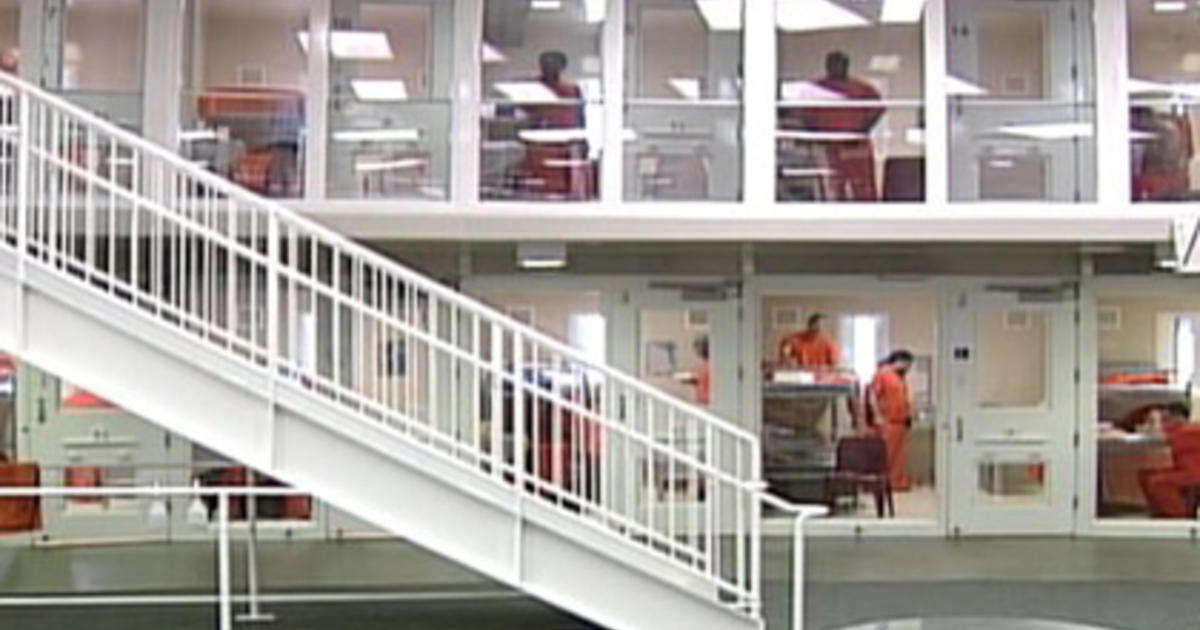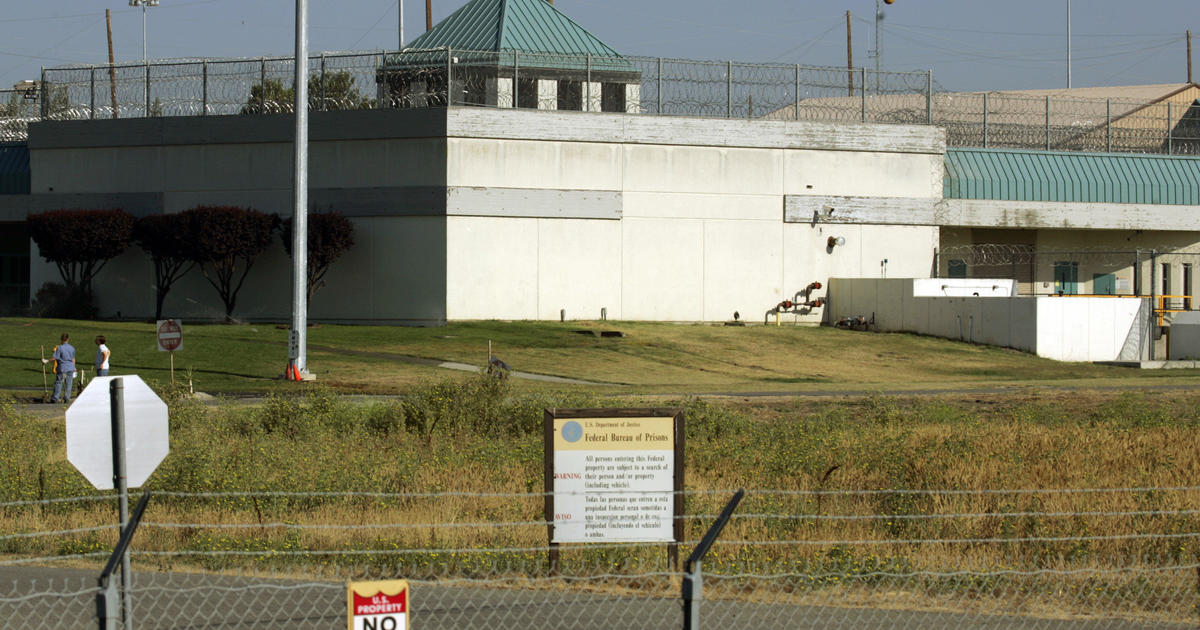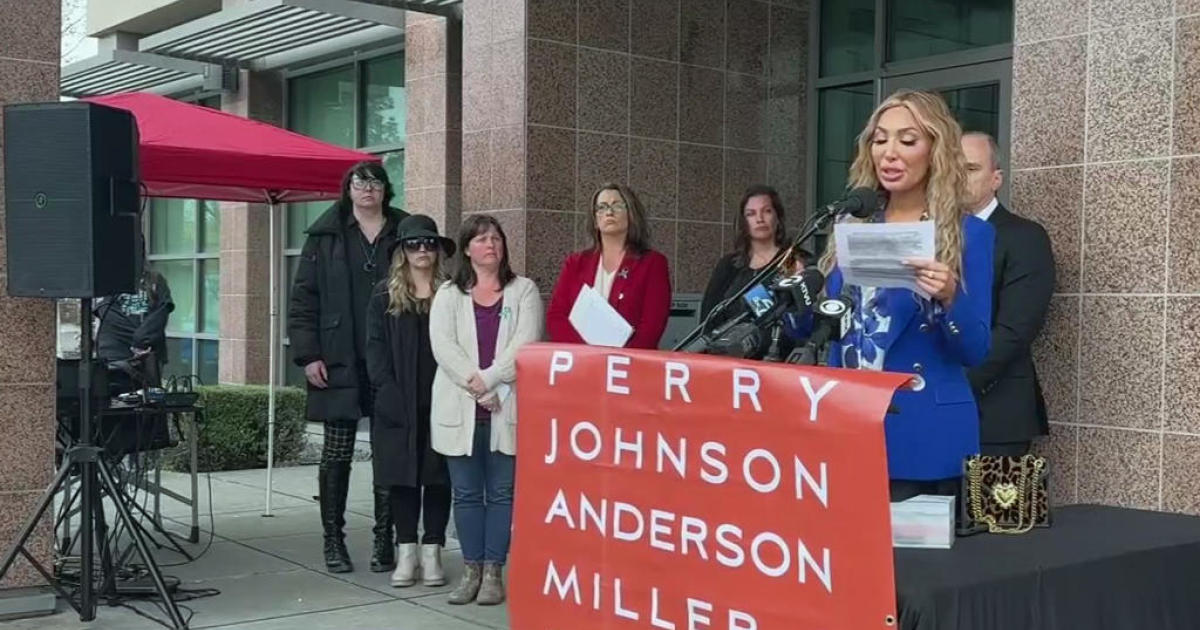California Assembly bill would limit light pollution from state buildings
SAN FRANCISCO (CBS SF) -- Excess light cast into the sky is now seen as a form of pollution with real impacts on the environment. The State of California is now considering a bill that would be a first step in bringing darkness back to the night.
When the sun goes down, the lights of San Francisco come on and The City is at its most beautiful. But from the East Bay hills you can see the huge dome of light enveloping the entire area. That's not a thing of beauty to Ruskin Hartley, Executive Director of the International Dark Sky Association.
"We have flooded the night with light and it's accelerated," he said. "In the last 25 years, we estimate the light pollution has grown globally, probably around 100 percent."
All that light, much of it aiming up into the sky, is taking its toll on nature - especially the birds.
"Birds are adapted for flying at night in darkness, not in light," said Glenn Phillips, Executive Director of the Golden Gate Audubon Society. "And their vision at night actually depends on darkness in order to actually sense the magnetic fields of the earth. And when it's too light, they can't sense them and they get disoriented."
So, many end up in places where they face the dangers of an urban environment. The Bay Area is right in the middle of the Pacific Flyway, the main migratory route for millions of birds moving south in the fall and north in the spring. But a satellite map displaying luminance shows the entire Bay is ringed with a solid glow of artificial light.
"And so, all those birds are coming through our area and they can't avoid the light. They can't go around it. They have to go through it," said Phillips.
It's a problem scientists have only recognized in the last few years, prompting South Bay Assemblyman Alex Lee (D-Milpitas) to introduce AB 2382.
"The bill, simply put, requires that all State buildings have a light shield, so basically, a physical shield, or are motion activated so they're not constantly on," said Lee. "And that will reduce our energy consumption and reduce light pollution.
"It's a small change," said Lee. "Kind of perceived as a small change, but it actually has immense impact on the natural and built environment, too."
The bill doesn't require retrofitting, just a change in future construction or when fixtures are replaced. The bill has already passed one committee and Lee says, so far, he knows of no organized opposition to it.
Hartley said the best thing about the fix - unlike other kinds of pollution - as soon as the light is eliminated, so is the problem.
"We can solve this one," said Hartley. "We can solve it tomorrow. It saves money, it makes sense, and it's great to see California's taking these first steps."



